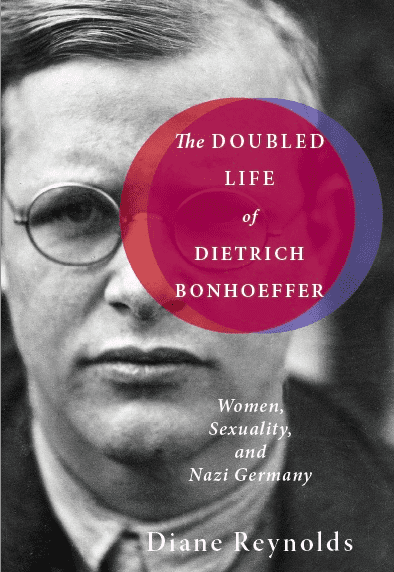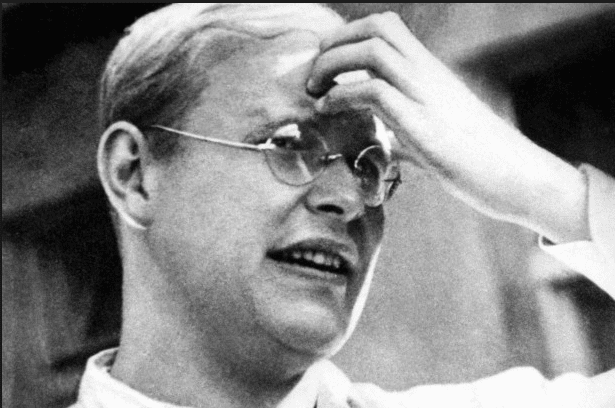 Writing in Ettal, not far from Munich where Bonhoeffer was working as a double agent in but against Hitler’s tyrannical system, Dietrich Bonhoeffer began to write his work on Ethics. In the official works of Bonhoeffer (DBW 6) there is a full explication of the order of the various manuscripts he wrote, with full attention to paper style and approximate dates for each. The editor, Ilse Tödt, deserves standing applause for her efforts.
Writing in Ettal, not far from Munich where Bonhoeffer was working as a double agent in but against Hitler’s tyrannical system, Dietrich Bonhoeffer began to write his work on Ethics. In the official works of Bonhoeffer (DBW 6) there is a full explication of the order of the various manuscripts he wrote, with full attention to paper style and approximate dates for each. The editor, Ilse Tödt, deserves standing applause for her efforts.
One of the manuscripts is called “Natural Life,” which distinguishes creation from natural life by showing how the latter is the fallen condition all shaped toward redemption in Christ. (A rather abstract set of ideas, but nonetheless with at times profound, if not stunning, implications.)
I wish here only to detail a few observations about marriage and abortion.
First, on marriage — it is about natural life, a natural order (at times he calls it a “mandate” to focus it as a command of God in Christ), and not about the state’s rights or the church’s rights. So he makes this statement:
Marriages are concluded neither by the church nor by the state and do not receive their right in the first place from these institutions. Marriage is concluded rather by the two marriage partners. The fact that marriage is publicly concluded in the presence3 of the state and in the presence of the church means nothing else than public recognition of the marriage and its inherent rights by state and church. This is Lutheran teaching.
(Ethics, 205-206.)
When I was teaching at TEDS one of my colleagues and I got into a conversation about what constituted marriage: was it the pledge of the couple, the Yes of the one asked, when the courts said so, when they engaged in marital union, or (today) when the church said so? That professor said the pledge of the couple constituted a marriage in the eyes of God (though not in the eyes of the state or the church today).
So, what constitutes marriage? When does it begin? At which moment can a couple say, “We are now married?” When they commit, when the state says so, when the church says so?
Now to abortion.
He also contends marriage “involves acknowledging the right of life that will come into being” (the child) “but this is not a right that is at the disposal of the marriage couple” (206). He is opposed to abortion, and though Clifford Green’s introductory note warns against using DB for modern discussions, I think Green’s own agenda is coming through on this one. Bonhoeffer’s concern here is not just National Socialism, though that was at work in his comments, but life itself — natural life and the inviolability of the body by another. God gives and God takes life.
Here he makes a significant move: the right to life of the child is not dependent on it being a “person” but because it has “life,” which is a gift of God in natural life with rights of protection. Thus,
To kill the fruit in the womb of the mother is to injure the right to life…. God wills to create a human being and that the life of this developing human being has been deliberately taken. And this is nothing but murder (206).
He explores reasons for abortions — despair, finances — but they “cannot change the fact of murder” (207).
Is it murder because the child in the uterus is a person or because it has God-given life?










